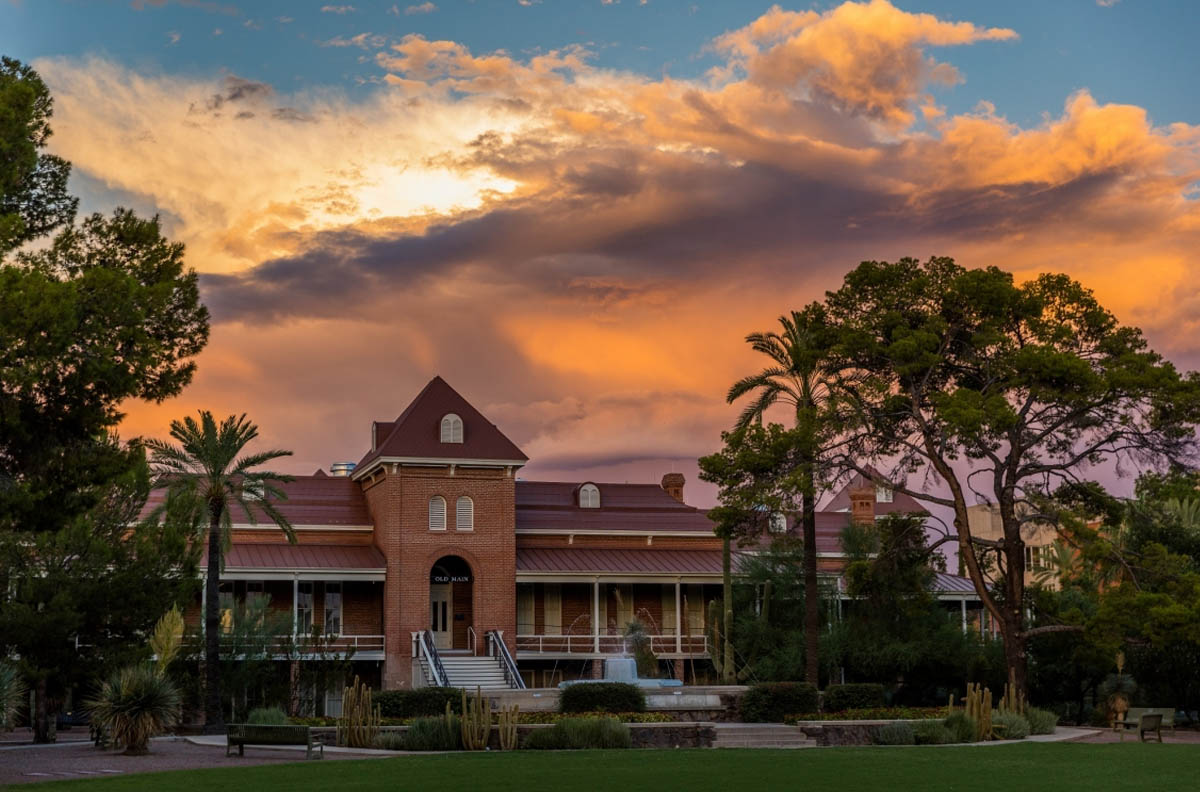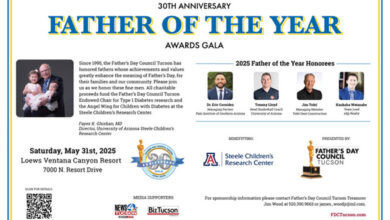
UArizona Ranks 51st Among Top 100 World Universities Granted US Utility Patents in 2023
Successful University of Arizona patents from last year include many for innovations in health, such as improving cancer diagnoses and providing new types of lenses for patients with cataracts.
By Paul Tumarkin, Tech Launch Arizona
The University of Arizona ranks No. 51 on the Top 100 Worldwide Universities Granted Utility Patents in 2023, according to a list published by the National Academy of Inventors.
The ranking is based on the patents for inventions that originated from university research that were issued in 2023. During that period, the university was issued 61 U.S. patents for inventions developed by faculty, researchers, staff, and students.
The list is a further reflection of UArizona’s impactful innovation, coming on the heels of ranking No. 22 on the list of Top 100 U.S. Universities Granted Utility Patents, which the NAI released in September 2023.
“Ultimately, the impact of those patented innovations comes when they are licensed to new startups and existing companies who take them forward into the marketplace,” said Doug Hockstad, associate vice president of Tech Launch Arizona, or TLA. “That’s when they can become products that truly improve lives and help others.”
TLA is the office of the university that brings inventions stemming from the array of research and innovation taking place at the university by working with faculty, researchers, staff, and students to research the market opportunities for innovations, investigate whether they are patentable, and then protect them through patents and other forms of intellectual property. But that is just the first step.
Following analysis and protection, the TLA team works to find ways to commercialize those inventions, bringing inventors together with entrepreneurs and companies to develop pathways to move those inventions out into the marketplace, where they can improve lives and make a better world.
Some examples of success involving recent patents include one for DNA methylation biomarkers for cancer diagnosis, created by former UAriziona research scientist Lukas Vrba and professor of pharmacology and toxicology Bernard Futscher, which was licensed to the startup Precision Epigenomics.
Another university patent issued in 2023 is for a biopsy system for advanced tissue harvesting developed by Dr. Charles Hennemeyer, associate professor of medical imaging in the College of Medicine – Tucson, and Dr. Michael Larson of Banner – University Medical Center Tucson – was licensed to launch a startup called D3 Sciences.
And a diffractive tri-focal lens developed by James Schwiegerling, a professor emeritus in the James C. Wyant College of Optical Sciences who passed away last year, was licensed to Alcon Vision. Alcon has made the innovation into a lens replacement product for cataract patients that has now been implanted in over 1 million eyes worldwide.
“As a land-grant institution, our mission-driven focus is on translating research into practical solutions that benefit people statewide and beyond,” said Elliott Cheu, interim senior vice president of research and innovation. “This ranking underscores our success in reaching those in need by commercializing our innovations, aligning with our core values of service and inquiry.”
NAI releases the Top 100 Worldwide Universities list to coincide with National Inventors Day each year. The list ranks the top universities holding U.S. utility patents to showcase the impactful research and innovation taking place within academic institutions.
“The Top 100 Worldwide list highlights the essential role universities across the globe play in creating patented technologies that beneficially impact society,” said Paul Sanberg, president of the National Academy of Inventors. “At the academy, it is important for us to recognize and celebrate research and commercialization happening at the university level, as well as spread awareness on how intellectual property can benefit innovators and their institutions.”
Pictured above – Photo by Chris Richards / University Communications





